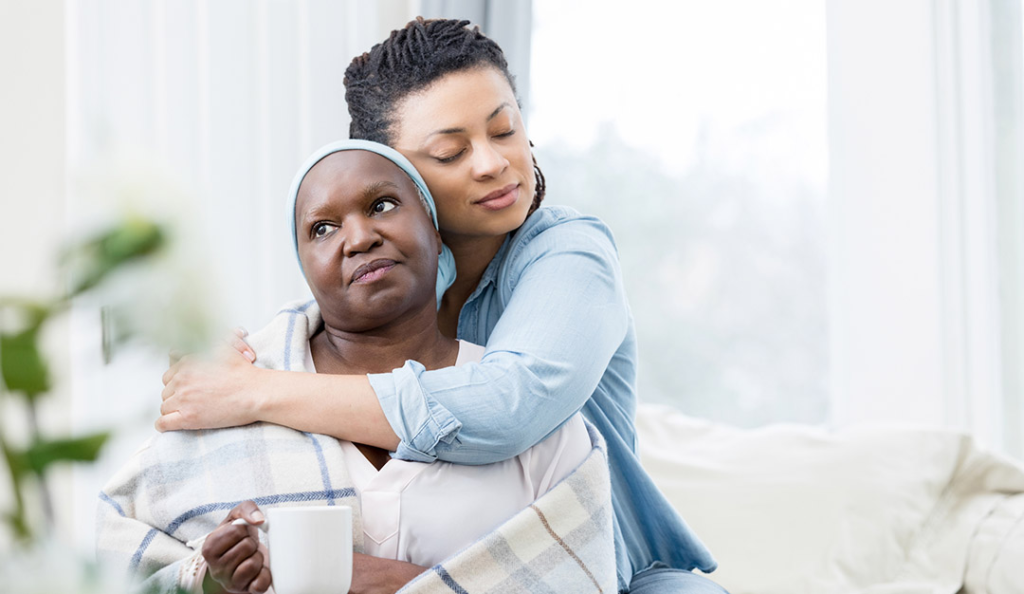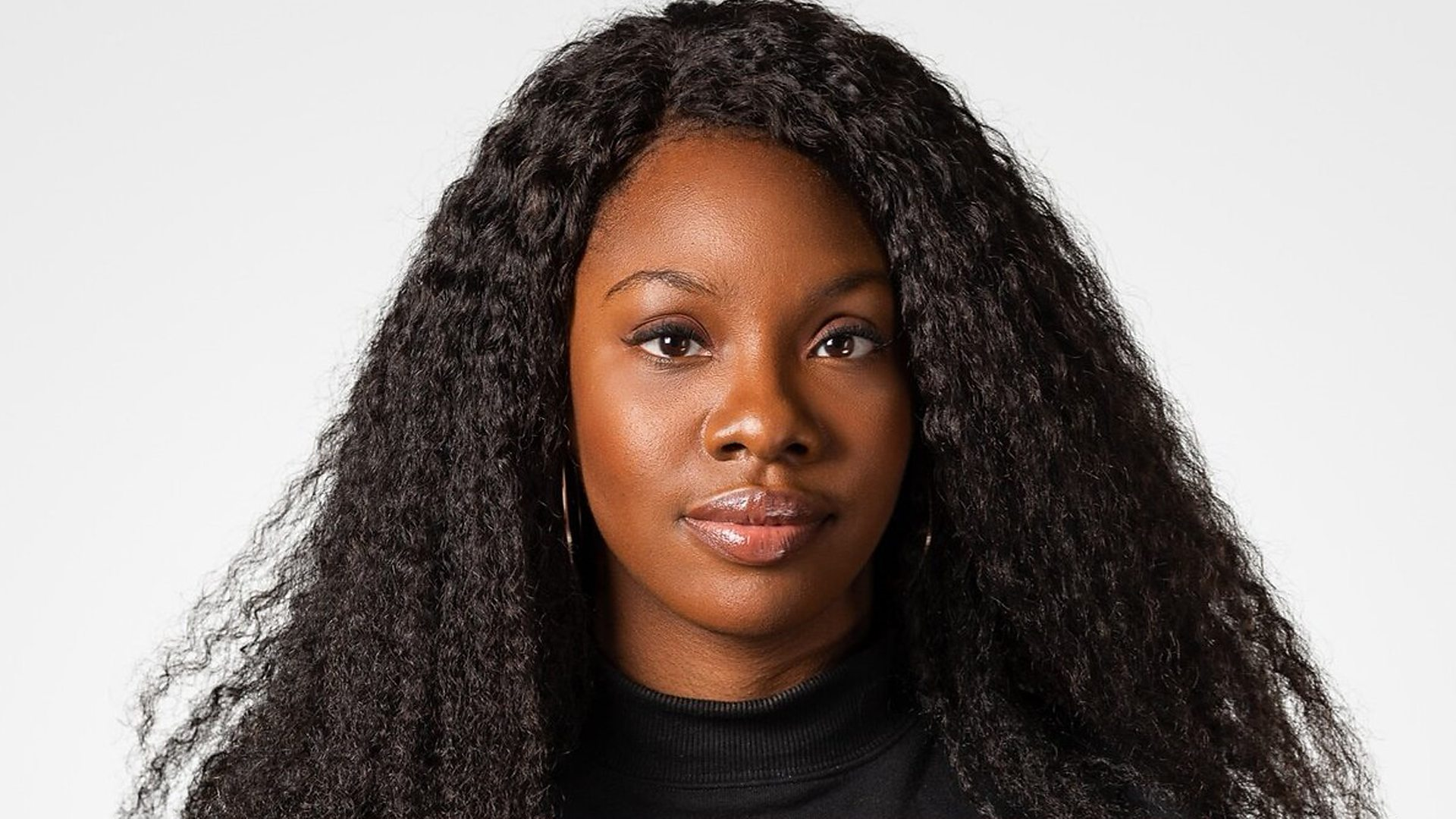Black woman face significant health disparities in the realm of breast cancer, with studies showing a higher mortality rate compared to their white counterparts. As breast cancer continues to be the most diagnosed cancer among U.S. women, these disparities are becoming more evident.
Black women, in particular, are about 40% more likely to die from breast cancer than white women. While previous research highlighted this difference, new findings show that this increased risk of death exists across all types of breast cancer, making the situation even more urgent.
Disparities in Mortality for All Breast Cancer Subtypes
The recent study conducted by Mass General Brigham researchers sheds new light on the fact that black women face higher mortality risks across all breast cancer subtypes. The size of this disparity ranges from 17-50%, depending on the type of cancer.
This meta-analysis, which combined data from 18 different studies, clearly shows that even though black woman are diagnosed with the same types of tumors as white women, their outcomes are significantly worse.
One of the most surprising findings was the larger disparity seen in hormone-positive tumors, which are generally more treatable. Black women had a 34-50% higher risk of death from these types of tumors.
This is a crucial finding, as it was previously believed that survival differences between black and white women were smaller for these more treatable forms of cancer. On the other hand, hormone-negative tumors, which are historically less treatable, showed a 17-20% higher risk of death for black women. Even though these tumors are rarer, black woman still face a stark disparity in outcomes.
Socioeconomic and Systemic Barriers Contribute to the Disparity
While tumor biology plays a role in breast cancer survival, the study indicates that the disparity in outcomes for black women goes beyond biology. Factors such as socioeconomic inequality, systemic racism, and delays in diagnosis and treatment also contribute significantly to these poor outcomes.
Black woman are often diagnosed at more advanced stages of cancer, which reduces their chances of survival. Moreover, access to quality cancer care is often limited due to systemic barriers, further increasing the mortality gap.
Senior author Erica Warner, ScD, MPH, emphasized that achieving equity in breast cancer outcomes requires interventions at multiple levels. This includes addressing healthcare system inequalities, improving patient education, and tackling community-level challenges that impact black woman. E
nsuring that black woman have the same access to timely and effective cancer treatment as their white counterparts is essential for reducing this disparity.
Efforts to Reduce Racial Disparities in Breast Cancer Survival

The study also highlighted ongoing efforts to reduce these racial disparities. Several intervention programs have been implemented successfully to improve cancer survival rates among black woman.
These programs focus on addressing the specific needs of underserved populations, such as helping patients navigate the healthcare system, identifying social needs, and connecting patients with the necessary resources.
One such initiative, the ACCURE program, has shown promise in closing the gap between black and white women in breast cancer survival. By using a proactive approach, this program helps ensure that black woman receive timely cancer treatment and follow-up care.
Similarly, local efforts such as the virtual Equity Hub for Cancer Treatment, a collaboration between Massachusetts General Hospital and Boston Medical Center, aim to improve cancer care for underserved patients. These efforts are crucial for ensuring that black woman receive equitable treatment and have a fair chance of surviving breast cancer.
Black woman are also underrepresented in clinical trials, which can lead to differences in treatment effectiveness. This lack of representation means that treatments may not be fully attuned to the biological characteristics of black woman, potentially reducing the efficacy of standard therapies.
Read : Allyson Felix Launches First-Ever Olympic Village Nursery for Athletes’ Kids at Paris Olympic 2024
Addressing this underrepresentation is another important step in ensuring that black woman have access to the best possible care.
The study underscores the urgent need for a concerted effort to close the racial gap in breast cancer outcomes. Black woman are facing higher mortality risks across all breast cancer subtypes, and this disparity is not solely due to biology. Socioeconomic barriers, healthcare system inequalities, and systemic racism all contribute to the poor outcomes faced by black woman.
To address this, healthcare providers, policymakers, and communities must work together to implement meaningful changes. Programs that focus on improving access to quality care, addressing social determinants of health, and ensuring equal representation in clinical trials are essential for reducing disparities in breast cancer outcomes.
In summary, black woman have a higher risk of death from breast cancer across all tumor types. This study, while sobering, provides a clear roadmap for addressing the systemic issues that contribute to this disparity. By tackling these challenges head-on, we can hope to achieve equity in breast cancer outcomes and give black woman a fighting chance against this deadly disease.

